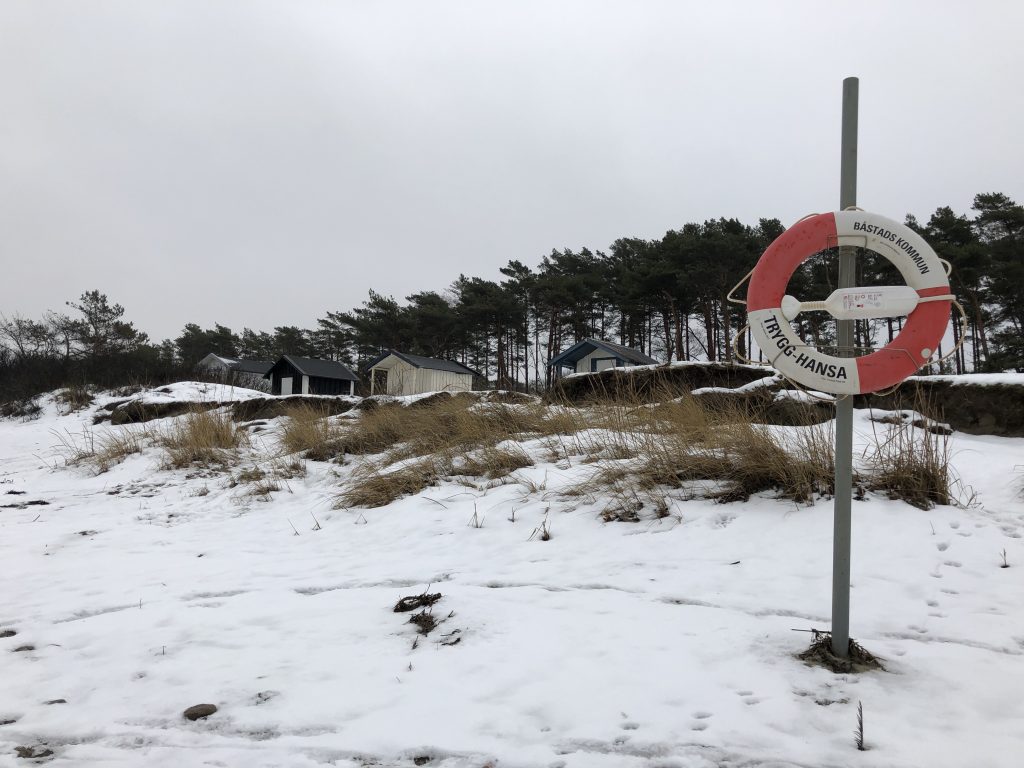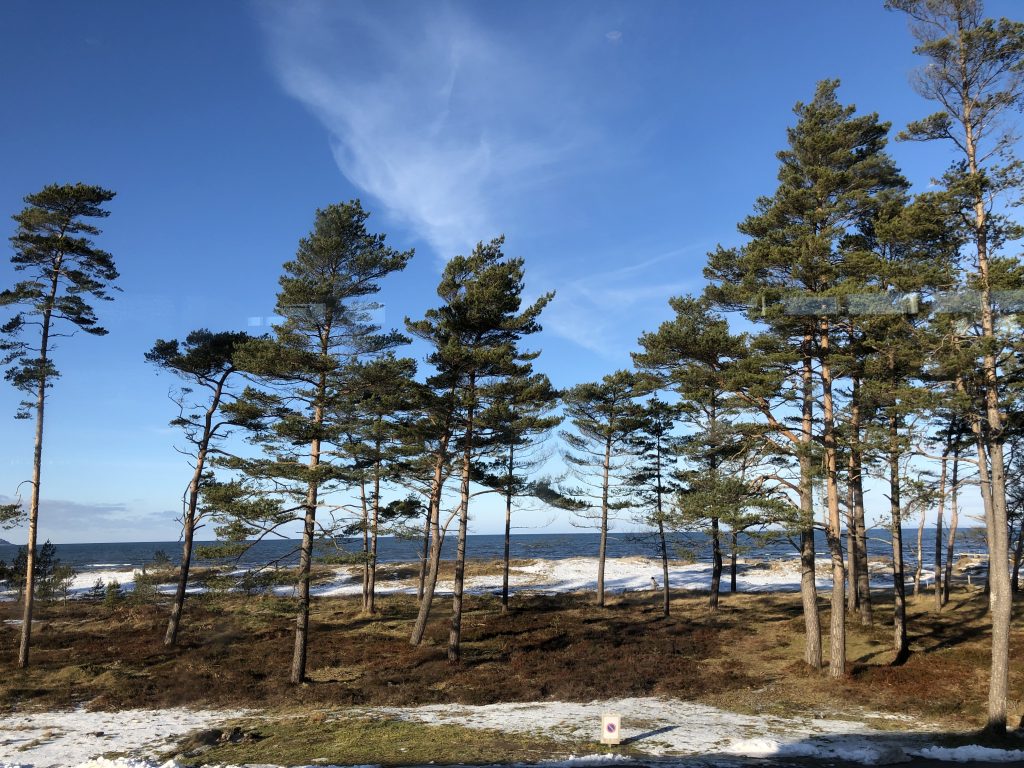I was in Sweden for a work retreat last week. It was at a hotel complex on the coast. The beach (a short walk from the hotel) was calm, snowy and a great place to visit to gather my thoughts over what became full and hectic days.
It was a difficult week in some regards, I prefer to be alone or in the company of 1 or 2 others, not such large groups. John Cleese once said (after reading Susan Cains Quiet) “I’m on the introverted side, but I can function perfectly well in an extroverted way. But at the end of the day when I’ve been extroverted a lot, I need some quiet time on my own…”
I feel similar. Put me in a group of 20 people and I’ll seem right at home. So much so, that people I’ve got to know appear surprised when they discover I prefer quiet time. The thing is, I can function perfectly well in an extroverted way, it just takes a lot of energy.
It wasn’t until a few years ago I realised that my tiredness comes from this. I used to ask myself if there was something wrong with me. Why am I so tired most of the time? Do I have an illness? Why doesn’t anyone else feel like this?
It turns out other people do feel the same, it’s just not widely spoken about.
So, while standing on that snowy beach in Sweden, looking out to sea, I was reminded how much I benefit from quiet time. I used to live by a beach, back when I was 10 years old. My brother and I would spend hours playing in the rock pools ands collecting pebbles. I remember staring out to sea back then and wondering what sort of life was ahead of me. It’s no different now, over 30 years later and I’m wondering what’s ahead of me still, only this time I know I’m in the drivers seat.

So I make sure I have quiet time when I can. I go for walks alone at lunchtime rather than socialise in the canteen. I take an hour or two out of the day to work in a meeting room or a space without others. Most sacred to me is my time without my phone, music or anything else. This is usually on my way home, commuting on the train. While everyone else is watching or listening to media of some kind, I allow my mind the freedom to spin on it’s own, it’s my not-thinking time.
Not-thinking time is amazing and I’d recommend trying it if you don’t already. For thousands of years humans had not-thinking time weaved into their days naturally. In the last 100 years it’s been stolen from us and we are only just recognising that increased anxiety and depression are linked to being ‘always on.’
“I’m tired of being inside my head. I want to live out here, with you.” – Colleen McCarty
So why not try some not-thinking time. If you’d like some tips on how to get not thinking time into your life Psychology today has a good write up.
